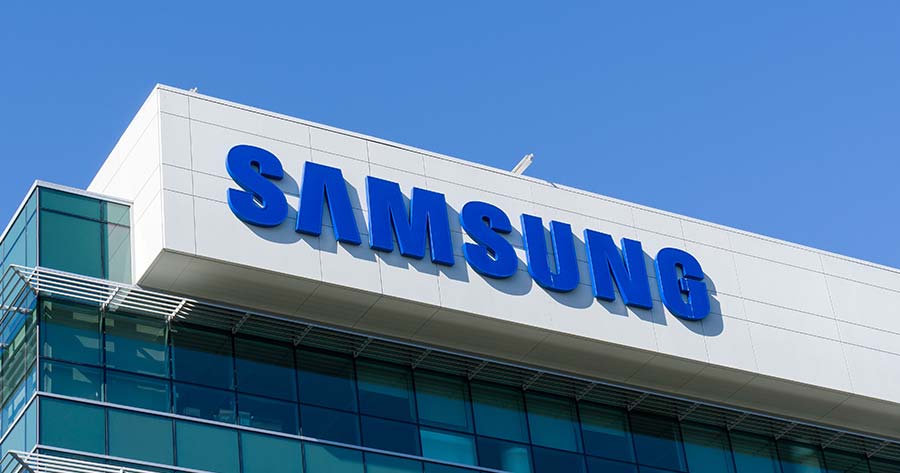Samsung Electronics posted a sharp rebound in earnings for the third quarter, as robust demand for memory chips, driven largely by artificial intelligence (AI) server adoption, propelled profits above analyst expectations.
The South Korean technology major reported third-quarter operating profit of KRW 12.2 trillion, up 32.9% YoY, surpassing the LSEG SmartEstimate of KRW 11.25 trillion. Meanwhile, its revenue reached KRW 86.1 trillion, up 8.85% YoY and above the forecast of KRW 85.93 trillion. Following the results, Samsung shares jumped 4% in early Asian trading.
Operating as South Korea’s largest listed company, Samsung Electronics is a global leader in memory chips, semiconductor foundry services, and smartphones. Its resurgence was driven by strong AI server demand, with the chip business reporting an 81% YoY increase in operating profit to KRW 7 trillion, while its revenue rose 13% YoY to KRW 33.1 trillion.
Samsung’s chip unit, which encompasses memory, design, and foundry businesses, benefited from favorable pricing and record quarterly revenue, underpinned by increased shipments of high-bandwidth memory (HBM) chips widely used in AI computing.
MS Hwang, research director at Counterpoint Research, attributed Samsung’s strong quarter to a broader “memory market boom” and rising prices in general-purpose memory. Looking ahead to 2026, Samsung indicated its memory division will prioritize scaling production of next-generation HBM4 chips to maintain momentum.
Meanwhile, the company’s mobile and network divisions, responsible for smartphones, tablets, wearables, and related devices, also contributed to the upbeat quarter with both sales and profits improving. These units recorded operating profit of KRW 3.6 trillion, up approximately 28% YoY, as strong flagship smartphone shipments, notably the launch of the Galaxy Z Fold7, drove revenues.
Looking forward, Samsung projected that continued expansion of the AI industry would generate new business opportunities across both its chip and device segments in the current quarter.





